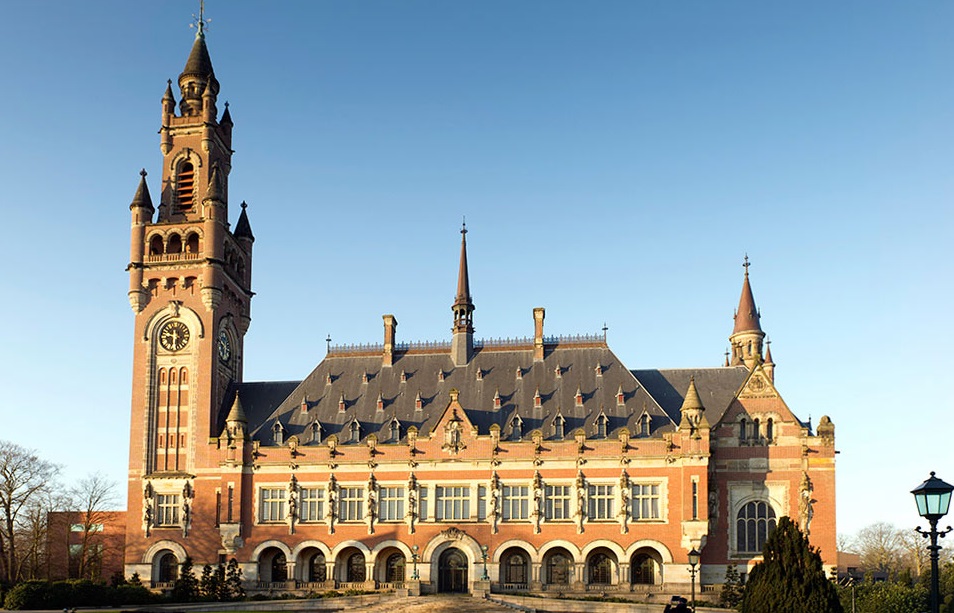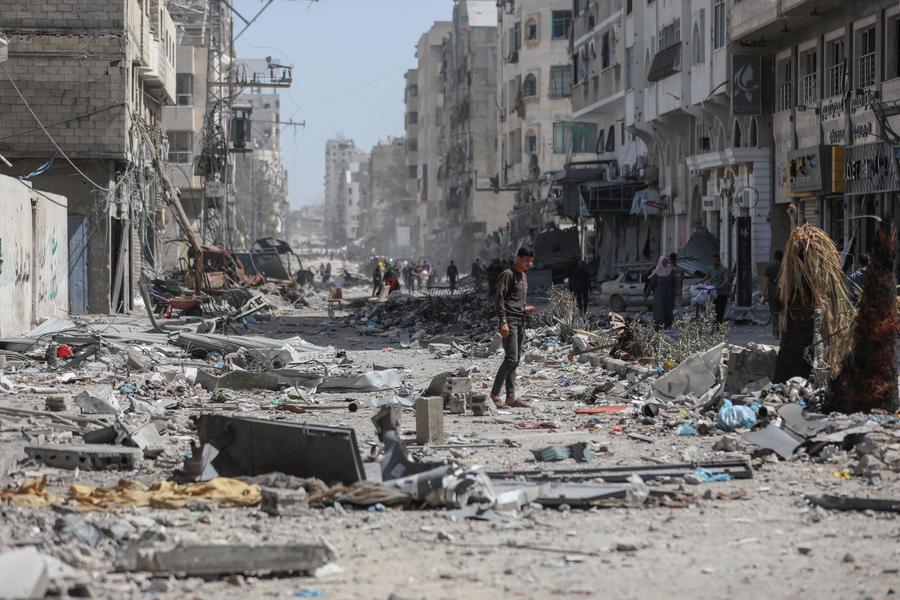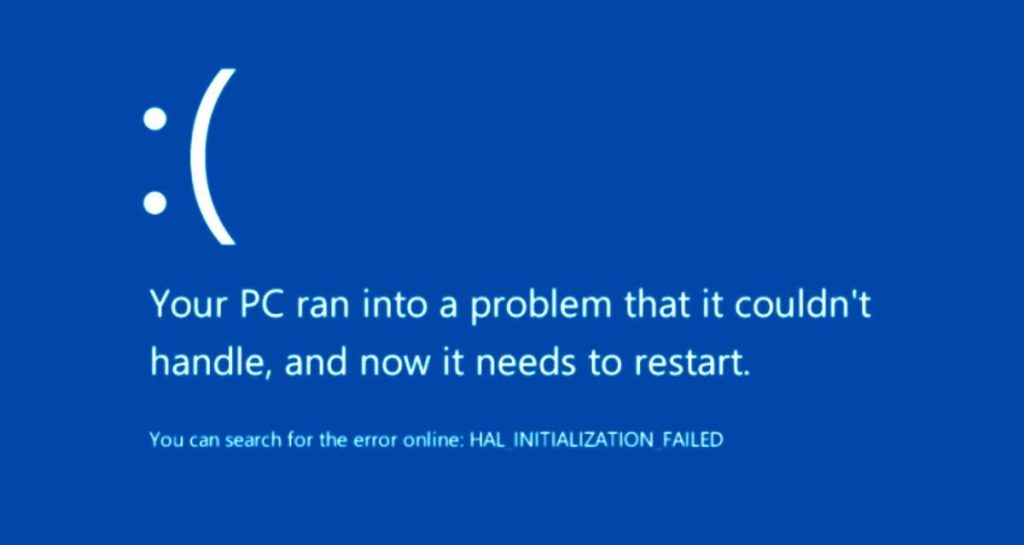Israeli Prime Minister Benjamin Netanyahu criticized the court’s decision, calling it a “decision of lies.”
The UN’s top court has declared that Israel’s occupation of Palestinian territories violates international law. The International Court of Justice (ICJ) stated that Israel must cease settlement activities in the occupied West Bank and East Jerusalem and end its “illegal” occupation of these areas and the Gaza Strip promptly.
Israeli Prime Minister Benjamin Netanyahu criticized the court’s decision, calling it a “decision of lies.” Although the ICJ’s advisory opinion is not legally binding, it holds considerable political significance. This is the first time the ICJ has issued a stance on the legality of the 57-year occupation.
The ICJ, headquartered in The Hague, Netherlands, has been reviewing this issue since early last year, following a request from the UN General Assembly. The court was asked to evaluate Israel’s policies and practices towards the Palestinians and the legal status of the occupation.

ICJ President Nawaf Salam announced the court’s findings, stating that “Israel’s continued presence in the Occupied Palestinian Territory is illegal.” He emphasized that Israel is obligated to end its unlawful presence in the occupied territories as swiftly as possible. He also noted that Israel’s 2005 withdrawal from the Gaza Strip did not terminate its occupation, as Israel continues to exercise effective control over the area.
The court also recommended that Israel evacuate all settlers from the West Bank and East Jerusalem and compensate Palestinians for damages resulting from the occupation.
Meanwhile, Israel asked the international court to clarify whether its published opinion is an “advisory opinion” and not “legally binding”, and called it fundamentally wrong.
Oren Marmorstein, Spokesperson of the Israel Ministry of Foreign Affairs, in a statement, said that Israel rejects the advisory opinion of the ICJ that was published regarding the Israeli-Palestinian conflict.

“Unfortunately, the Court’s opinion is fundamentally wrong. It mixes politics and law. It injects the politics of the corridors of the UN in New York into the courtrooms of the ICJ in The Hague,” he stated.
“…It should be clarified that the opinion published today is an advisory opinion and it is not legally binding,” he stated.
Marmorstein said that the opinion ignores the atrocities that took place on October 7 and the security imperative of Israel to defend its territory.













